Andy Cohen Slams Leah McSweeney Lawsuit as a ‘Shakedown’ Attempt!
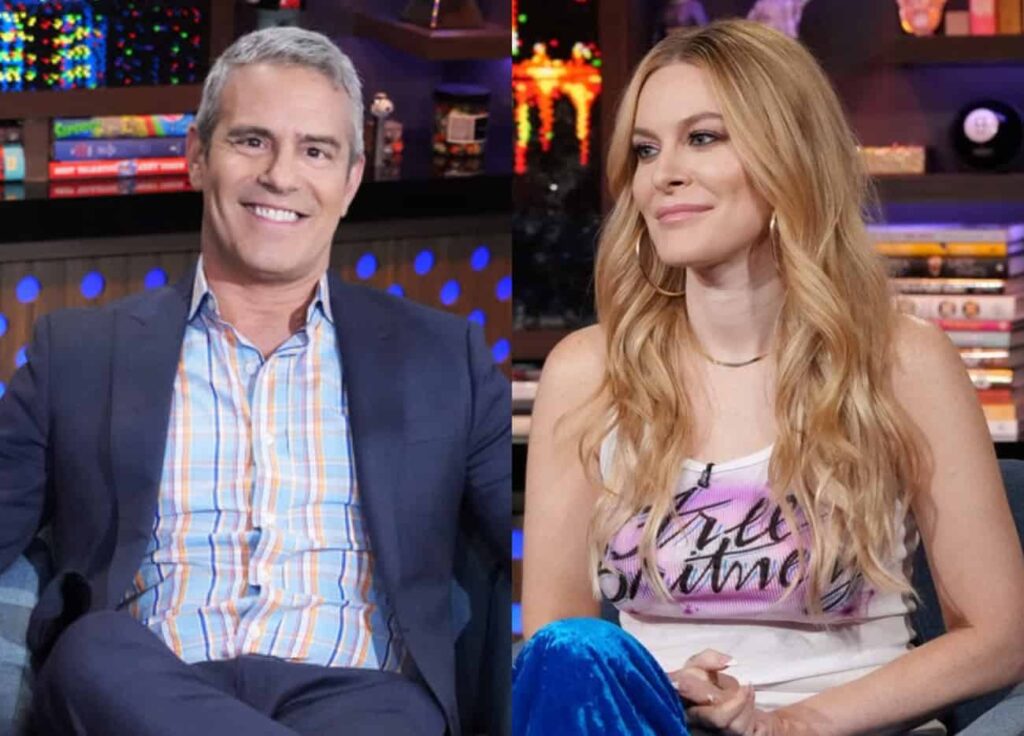
Andy Cohen Slams Leah McSweeney Lawsuit as a ‘Shakedown’ Attempt!
The legal drama unfolding behind the scenes at Bravo is mirroring the intensity and drama typically reserved for a Real Housewives reunion episode. The network’s beloved host, Andy Cohen, has found himself at the center of a contentious legal battle with former Real Housewives of New York City star Leah McSweeney.
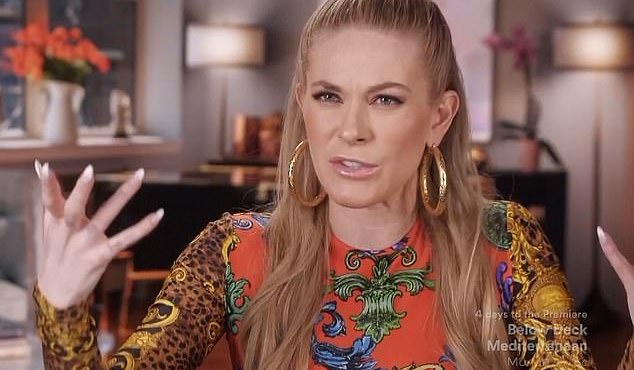
Leah McSweeney, in a bold move, has filed a lawsuit that places serious allegations against Cohen. Among the accusations, the most explosive claims involve Cohen’s alleged drug use with members of the “Housewives” franchise and an orchestrated effort to exploit McSweeney’s personal struggles with substance abuse and mental health. The lawsuit suggests these actions were part of a calculated strategy to enhance the show’s drama and boost ratings.
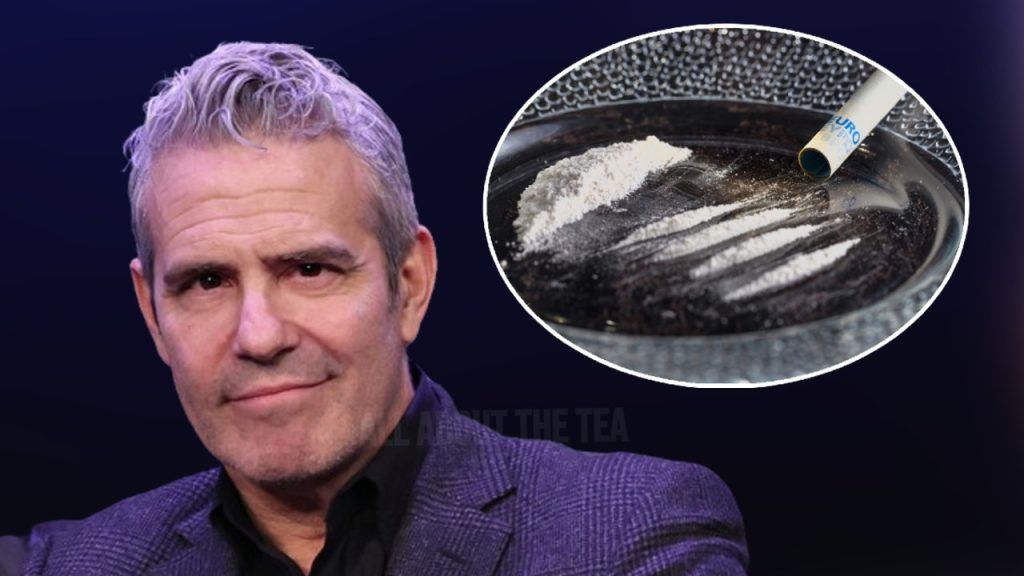
Cohen, on the other hand, has vehemently dismissed these allegations, labeling the lawsuit as a “shakedown.” He argues that McSweeney is leveraging these claims to coerce him into agreeing to an unwarranted settlement. This response from Cohen has been criticized by McSweeney legal team. They argue that Cohen’s dismissal of the lawsuit is an attempt to intimidate McSweeney and other potential plaintiffs into silence, portraying their client as a victim of bullying tactics.
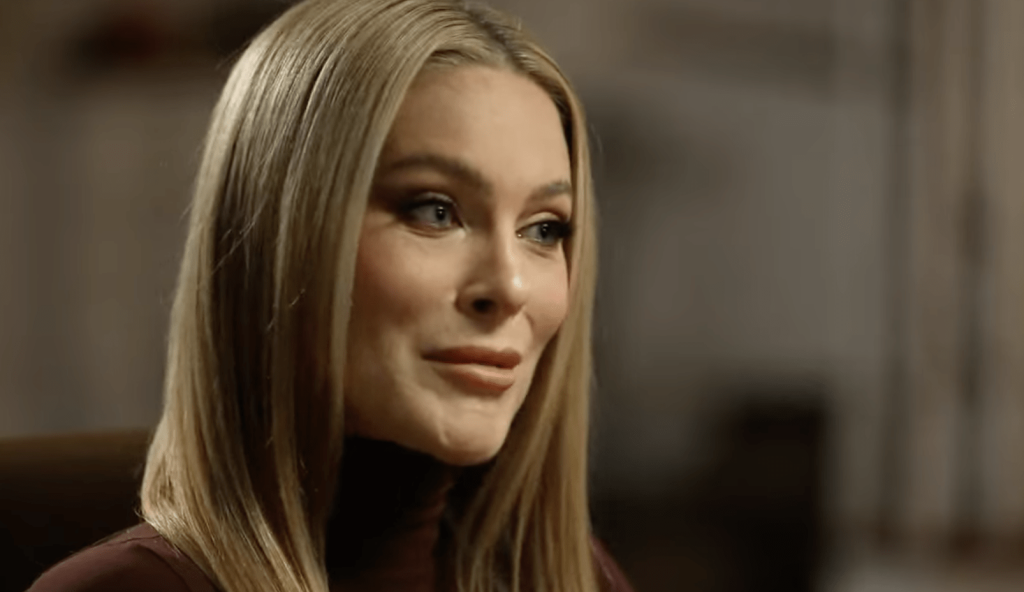
As this legal battle continues to unfold, both parties seem entrenched in their positions, with McSweeney team accusing Cohen of attempting to silence alleged victims through intimidation, and Cohen steadfast in his denunciation of the lawsuit’s merits. This dispute promises to keep fans of the franchise and observers of celebrity legal dramas riveted as more details emerge.
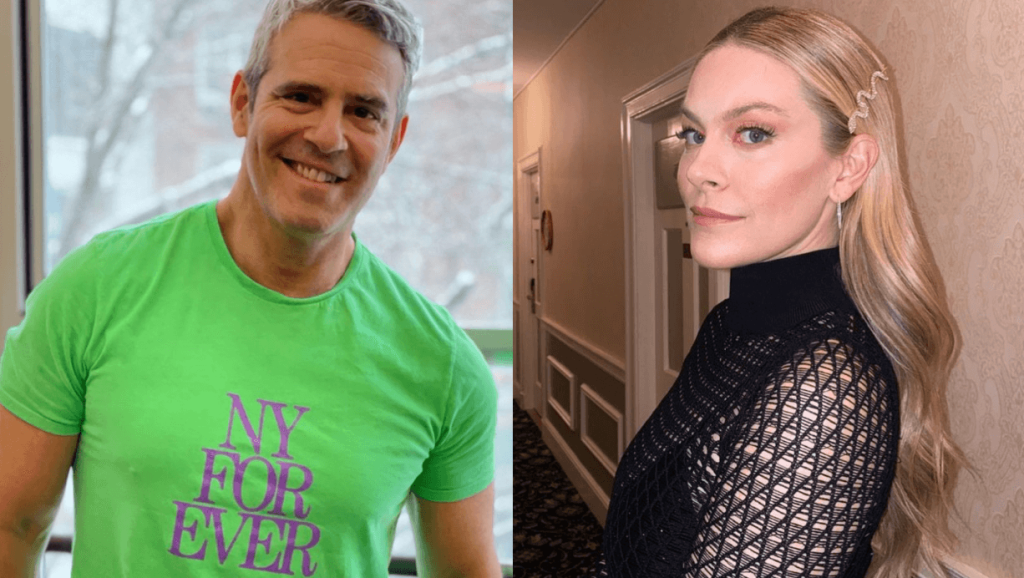
According to McSweeney, 41, Cohen, 55, who serves as both the executive producer of RHONY and its spinoff, “The Real Housewives Ultimate Girls Trip,” allegedly participates in cocaine use with cast members he oversees. This claim is part of a larger narrative presented in the lawsuit, suggesting that the Bravo network, along with Shed Media and Warner Media, the production and owning entities, respectively, cultivates a work environment that not only tolerates but encourages drug and alcohol use. McSweeney, who is in recovery, contends that this environment exploited her struggles with alcohol, either by exacerbating her problem or hindering her efforts to seek help, all in a bid to inflate viewership numbers.
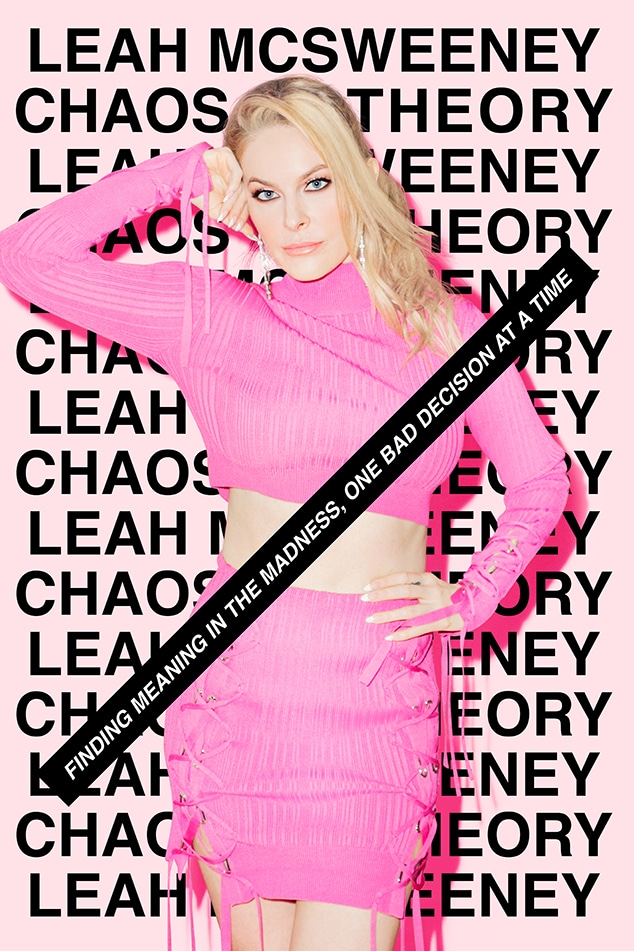
Cohen’s legal representative has categorically denied these allegations, specifically the claim regarding cocaine use, stating unequivocally that “Mr. Cohen never used cocaine with any cast member on any ‘Real Housewives’ show or with any other Bravo employee.” This denial seeks to refute the accusations leveled by McSweeney and distances Cohen from the alleged drug use culture within the Real Housewives franchise.
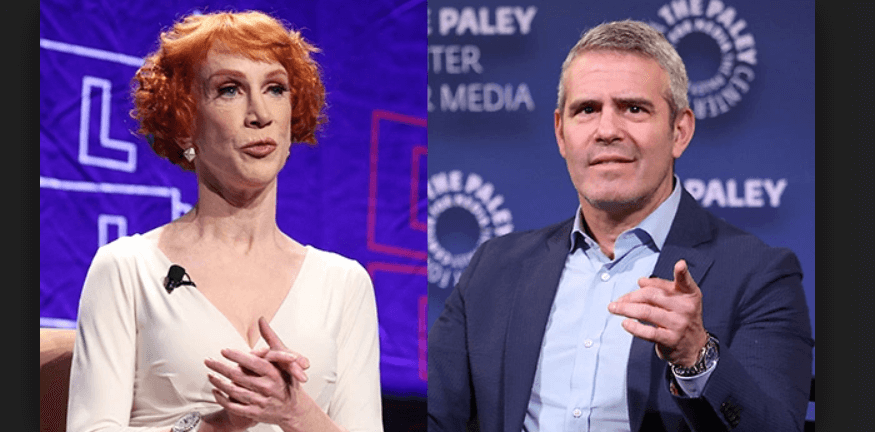
This lawsuit sheds light on the potential underpinnings of reality television production that might prioritize sensationalism and ratings over the well-being of its stars. As legal proceedings move forward, the case may reveal more about the inner workings of one of television’s most popular franchises and its handling of cast members’ health and safety.
Orin Snyder, representing Andy Cohen as part of the legal team from Gibson, Dunn & Crutcher, has issued a staunch rebuttal to the lawsuit filed by McSweeney, former star of The Real Housewives of New York City. Snyder’s response, articulated in a comprehensive letter to McSweeney’s legal team, condemns the lawsuit for containing what he describes as “false, offensive, and defamatory statements” about Cohen. He unequivocally demands the retraction of all claims related to Cohen’s alleged “cocaine use,” labeling these allegations as entirely fabricated for sensationalist purposes.
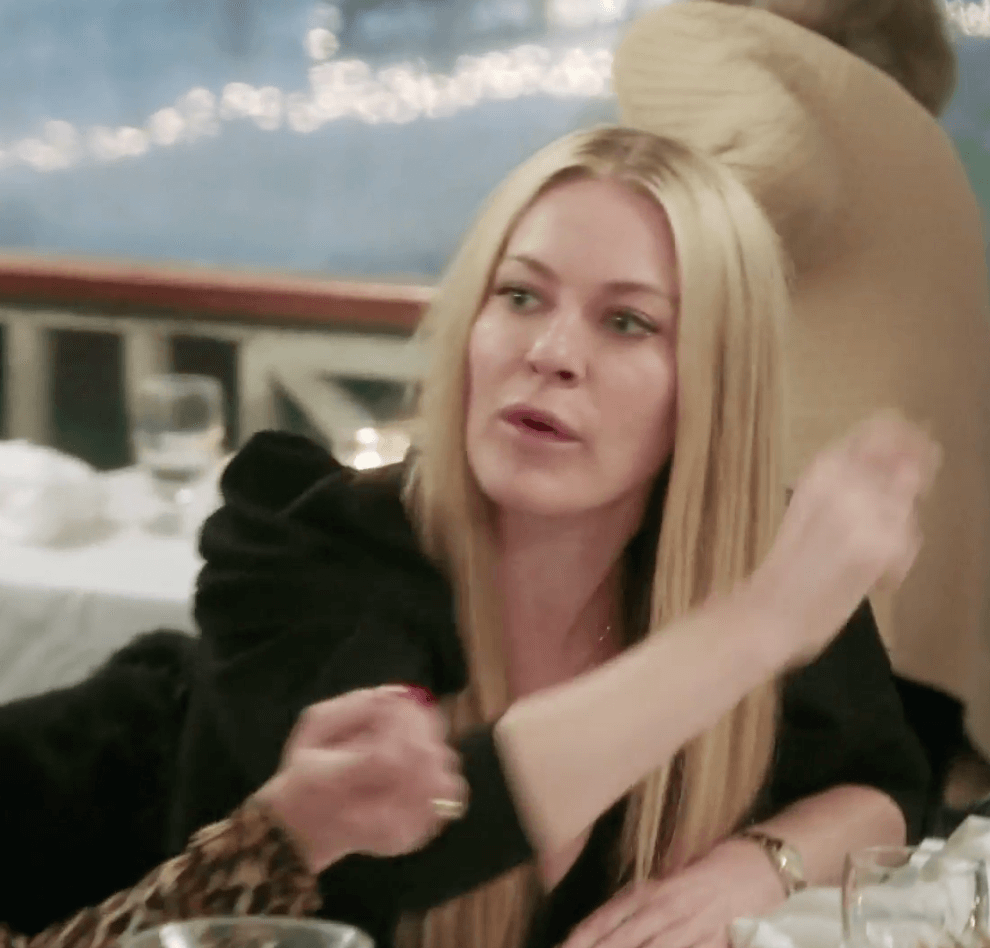
Snyder’s letter doesn’t mince words, accusing McSweeney and her attorneys of deliberately concocting these allegations to garner tabloid attention and manipulate public perception. By framing these accusations as a tactic to coerce Cohen into a settlement through public and media pressure, Snyder signals a firm stance against what he views as a blatant misuse of the legal system for strategic leverage. He warns that such actions not only fail to intimidate or compel settlement but also potentially expose McSweeney and her legal representation to significant legal repercussions.
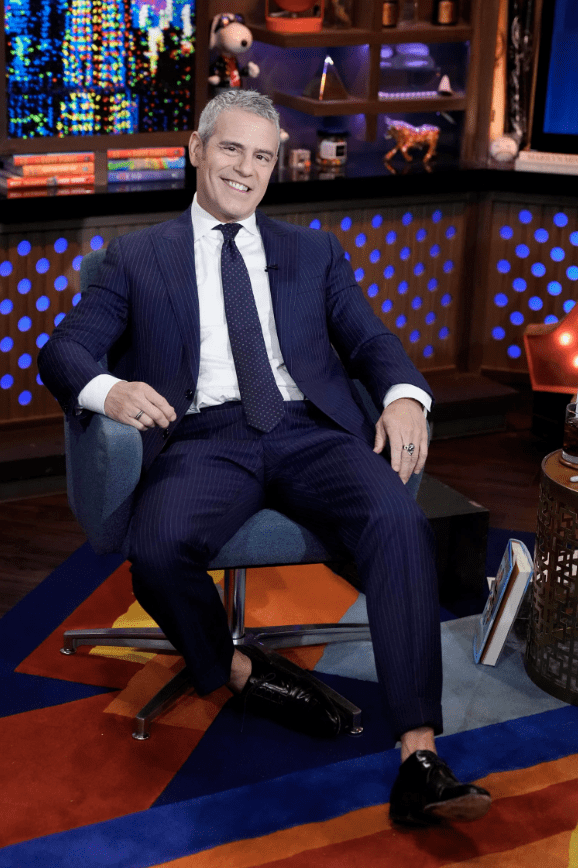
Highlighting the gravity of drug use allegations within a professional setting, Snyder’s letter suggests that the baseless claims were strategically deployed to incite a media circus, aiming to corner Cohen into a settlement. This aggressive legal strategy indicates Cohen and his legal team’s readiness to defend against the accusations and counteract the claims made by McSweeney, setting the stage for a contentious legal battle rooted in challenges to personal and professional integrity.

Andy Cohen’s legal representatives have further criticized McSweeney’s lawsuit for its alleged attempt to manipulate media attention, highlighting the lack of specificity in the accusations, such as missing details on who was involved, where the incidents took place, and when they occurred. This criticism underscores the defense’s argument that the lawsuit lacks substantive evidence and is instead aimed at sensationalizing the allegations to tarnish Cohen’s reputation.
In a firm directive, Cohen’s team is demanding an immediate public retraction of the accusations and an apology directed at Cohen, emphasizing that the absence of such actions will only escalate the harm and damages incurred by him. This stance is bolstered by a wave of support for Cohen from numerous Bravo celebrities who have publicly defended him in the wake of the lawsuit’s claims. This collective defense not only seeks to refute the allegations but also to repair any damage to Cohen’s public image and professional standing within the entertainment industry.
Sarah M. Matz, representing McSweeney, countered Andy Cohen’s legal maneuvers with a statement emphasizing their perspective on Cohen’s response as a typical tactic to leverage his media influence for intimidation. Matz accuses Cohen of trying to silence McSweeney and dissuade her from pursuing legal action, arguing that such efforts are retaliatory and underline the necessity of McSweeney’s lawsuit. Matz’s response stresses a commitment to resolving the dispute legally rather than through media channels, urging Cohen to confront the allegations within the judicial system rather than through public statements. This exchange highlights the ongoing legal battle’s complexity, involving significant figures within the entertainment industry and touching upon issues of power dynamics, media influence, and legal rights.
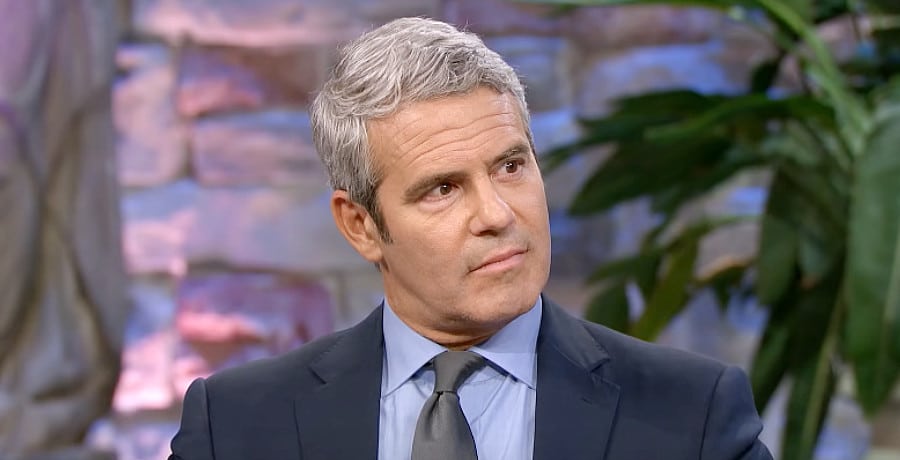
This situation involving Brandi Glanville and Andy Cohen adds another layer of complexity to the legal challenges facing Cohen and Bravo. Glanville’s claim that Cohen sexually harassed her by making inappropriate remarks and extending an inappropriate invitation, albeit reportedly in jest, sheds light on the nature of interactions between high-profile figures in the entertainment industry. Cohen’s acknowledgment of the inappropriateness of his remarks and his apology indicate an awareness of the seriousness of such allegations, especially in the context of professional relationships.
The case is further complicated by Caroline Manzo’s lawsuit, which accuses Cohen and Bravo of facilitating an environment that encouraged inappropriate behavior by allegedly supplying Glanville with alcohol, with the expectation that it would lead to her sexually pursuing Manzo. This claim suggests a broader issue within the network and its productions regarding the handling of alcohol and the protection of cast members from potential harassment.
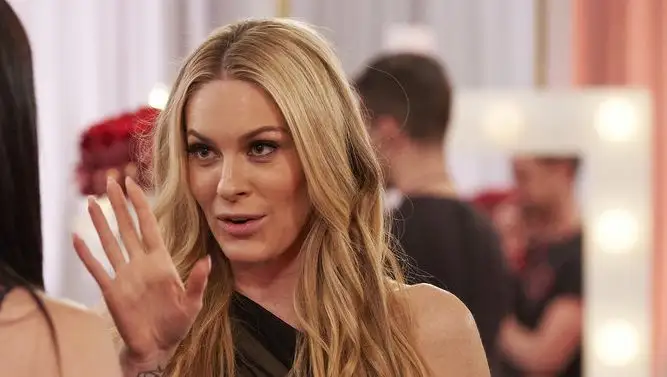
Glanville’s denial of wrongdoing, alongside the lack of response from Bravo and Cohen to Manzo’s allegations, highlights the challenges in addressing and resolving claims of inappropriate behavior in the reality TV sector. These developments underscore the need for clear policies and protocols to safeguard individuals’ dignity and respect in the entertainment industry, particularly in settings that might encourage or tolerate boundary-pushing behavior for the sake of viewership or entertainment value.
Stay Connected With All About The Tea: Twitter Ι Instagram Ι YouTube Ι Facebook Ι Send Us Tips
